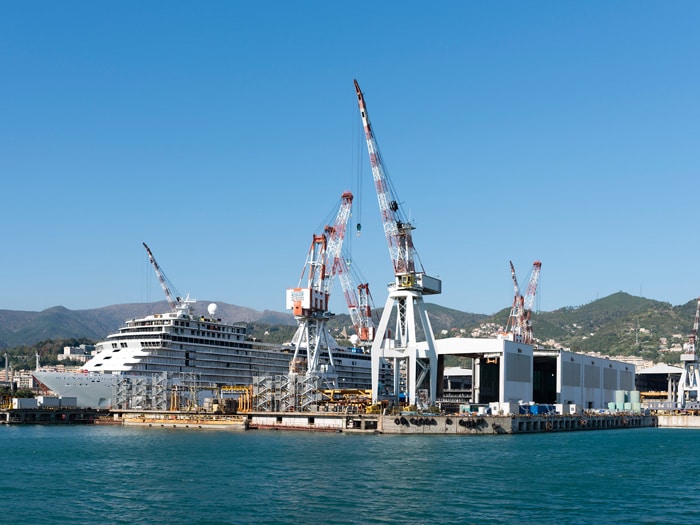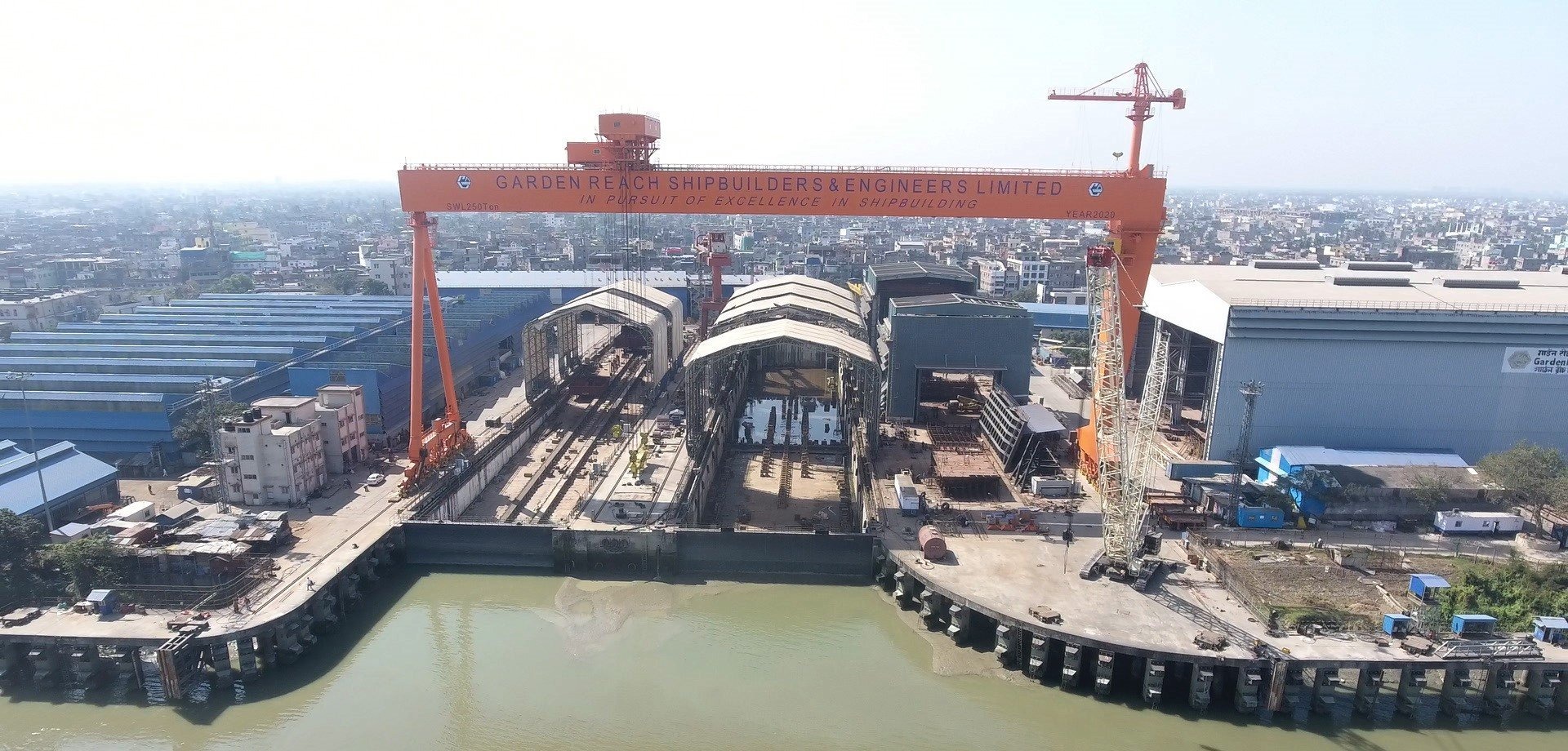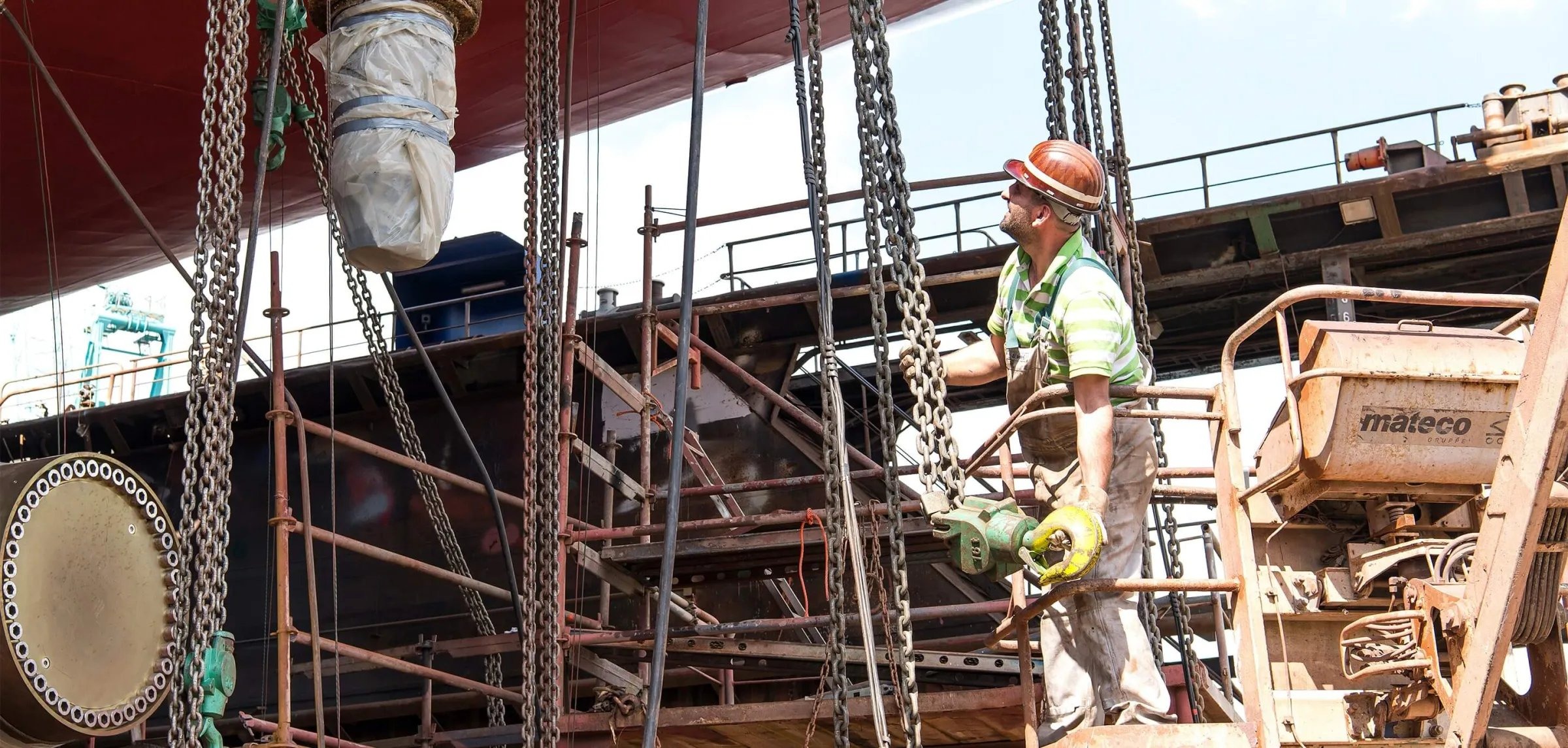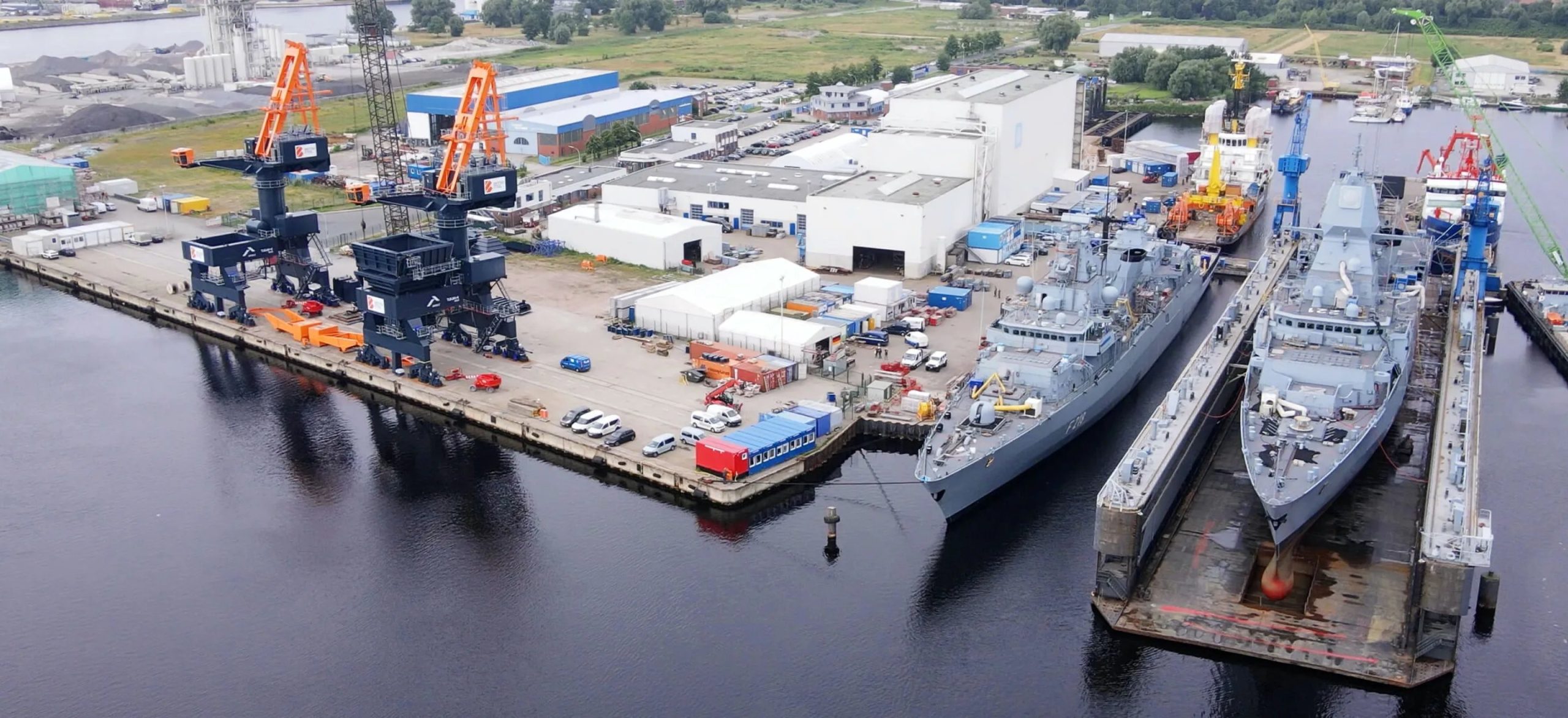

Germany’s Shipbuilding Renaissance Calls for Urgent Manpower Import
- trienkhaiweb
- 18 February, 2024
- 0 Comments
Germany, a nation with a rich maritime history, is witnessing a resurgence in its shipbuilding industry. Fueled by rising demand for commercial vessels, offshore wind energy infrastructure, and a renewed emphasis on naval capabilities, German shipyards are bustling with activity. However, this revitalization faces a formidable obstacle: a severe shortage of skilled manpower.
The Manpower Gap: A Threat to Growth
The German shipbuilding industry is experiencing a critical deficit in trained professionals across various disciplines. Welders, pipefitters, electricians, engineers, and project managers are in high demand, yet the domestic labor market struggles to keep pace. The reasons behind this manpower shortage are multifaceted:
- Aging Workforce: Germany’s shipbuilding workforce, similar to many other industries, has an aging demographic profile. As experienced workers retire, the industry grapples with a lack of younger replacements.
- Competition from Other Sectors: Shipbuilding must compete with other lucrative and technologically advanced sectors, such as automotive and aerospace, for a limited pool of skilled professionals.
- Training Bottlenecks: The specialized nature of shipbuilding necessitates extensive training programs. Existing training infrastructure might be insufficient to produce the volume of skilled manpower needed to sustain the industry’s growth.

Consequences for the German Economy
The ramifications of this manpower crisis extend beyond shipyards. Unmet demand could result in delays, cost overruns, and even lost contracts. This potentially undermines the competitiveness of Germany’s shipbuilding industry, negatively impacting economic growth, innovation, and job creation.
Importing Manpower: A Strategic Necessity
To bridge the widening manpower gap, Germany must urgently turn towards importing skilled labor. Targeting countries with robust shipbuilding traditions, established training programs, and a surplus of skilled workers offers a viable solution. Strategic partnerships with these nations can facilitate a steady influx of qualified manpower.

Potential Source Countries for Shipbuilding Manpower
Several countries stand out as potential sources of shipbuilding manpower for Germany:
- Southeast Asia: Nations like the Philippines, Vietnam, and Indonesia boast large shipbuilding industries and a workforce renowned for its technical skills and work ethic.
- Eastern Europe: Poland, Romania, and Ukraine have a strong maritime heritage and a pool of skilled shipyard workers available at competitive wages.
- India: India’s burgeoning shipbuilding sector and substantial engineering talent offer a promising source of manpower for German shipyards.
Attracting and Integrating Foreign Manpower
Successfully importing manpower demands a multi-pronged approach:
- Streamlined Visa Processes: Bureaucratic hurdles must be minimized to expedite the entry of foreign workers into Germany’s shipbuilding industry.
- Language Training: Providing language courses in German will facilitate the smooth integration of foreign workers into shipyards and the wider community.
- Cultural Integration Programs: Initiatives to promote cultural understanding and sensitivity will aid foreign workers in adapting to their new environment, improving retention rates.
- Competitive Compensation and Benefits: German shipyards must offer attractive remuneration and benefits to compete for skilled manpower on a global level.

Long-Term Solutions and the Importance of Manpower
While importing manpower offers immediate relief, Germany must simultaneously invest in long-term strategies to address the root causes of the labor shortage:
- Apprenticeship Programs: Revitalizing and expanding apprenticeship programs to provide a steady pipeline of skilled workers into the shipbuilding industry is vital.
- Upskilling and Reskilling: Supporting training initiatives to upskill or reskill workers from other industries can help replenish the shipbuilding manpower pool.
- Enhancing the Industry’s Image: It’s essential to promote shipbuilding as an attractive, innovative, and rewarding career path to entice young talent.
The Future of Germany’s Shipbuilding Industry
The future of Germany’s shipbuilding industry hinges on its ability to secure a skilled and dedicated workforce. By proactively importing manpower, implementing long-term solutions, and fostering a positive work environment, Germany can not only revitalize its shipbuilding sector but also position itself as a global leader in maritime innovation.
Related articles
Employee Empowerment with Quinn Vietnam Manpower
In today’s dynamic business landscape, organizations are increasingly recognizing the importance of employee empowerment as a key driver of success. Quinn Vietnam Manpower, a leading provider of manpower solutions in Vietnam, understands that empowered employees are more engaged, productive, and committed to organizational goals. This article delves into the concept of employee empowerment, exploring its…
Quinn Vietnam Manpower’s 5 Steps to Successful Coaching in 2025
In today’s dynamic business environment, maximizing your manpower’s potential is crucial for success. Effective coaching programs are key to unlocking this potential, fostering employee growth, and driving organizational performance. Quinn Vietnam Manpower, a leading provider of manpower solutions, presents a comprehensive guide to successful coaching in 2025. Whether you’re leading coaching sessions yourself or partnering…
Functional Skills: A Guide for Quinn Vietnam Manpower’s Workforce in 2025
In today’s competitive job market, possessing strong functional skills is more critical than ever. For Quinn Vietnam Manpower, equipping our manpower resources with these essential skills is key to their success and the success of our partner businesses. This comprehensive guide explores the importance of functional skills, particularly in Math and English, and how Quinn…
Level Up Your Workforce: Gamification Strategies for Quinn Vietnam Manpower
In the competitive landscape of Vietnam’s manpower industry, attracting, engaging, and retaining top talent is more critical than ever. Quinn Vietnam Manpower recognizes the power of innovative solutions, and gamification is emerging as a game-changer in the realm of human resources. By integrating game mechanics and elements into various HR processes, Quinn Vietnam Manpower can…
3 Communication Skills Every Manager Needs to Thrive
In today’s rapidly evolving business landscape, effective communication skills are more critical than ever for managers. Whether you’re a seasoned leader or newly promoted, honing your communication abilities can significantly impact your team’s performance, morale, and overall success. This article delves into three essential communication skills every manager needs to master in 2025 and highlights…
Harnessing the Power of Insights with Quinn Vietnam Manpower
In the dynamic landscape of 2025, where businesses face unprecedented challenges and opportunities, the ability to gain profound insights is more critical than ever. For project management (PM) in Vietnam, this rings especially true. Quinn Vietnam Manpower, a leading provider of manpower solutions, recognizes the crucial role of insights in driving project effectiveness and organizational…







